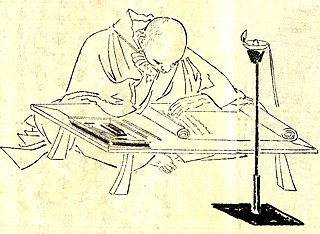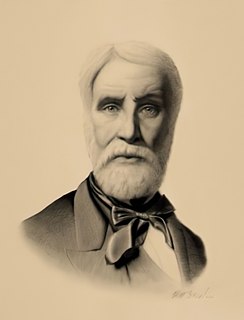A Quote by Napoleon Bonaparte
He who cannot look over a battlefield with a dry eye, causes the death of many men uselessly.
Related Quotes
But his face had that hollow look, as if there was something gone... you know that look. The inward focus. Distantly attentive to the home you're missing, or the someone you're missing. That look that a bird has when it turns it dry reptilian eye on you. That look that doesn't see you because the mind is filled up with someone it would rather see.
By 'coming to terms with life' I mean: the reality of death has become a definite part of my life; my life has, so to speak, been extended by death, by my looking death in the eye and accepting it, by accepting destruction as part of life and no longer wasting my energies on fear of death or the refusal to acknowledge its inevitability. It sounds paradoxical: by excluding death from our life we cannot live a full life, and by admitting death into our life we enlarge and enrich it.
We start with an economic approach. We look at what are the greatest causes of death in the developing world, and what causes the largest amount of disability, which would prevent you from getting a job. A lot of those deaths start with diseases, diseases we don't get in such a great number in the United States.
Whatsoever causes no annoyance when it is present, causes only a groundless pain in the expectation. Death, therefore, the most awful of evils, is nothing to us, seeing that, when we are, death is not come, and, when death is come, we are not. It is nothing, then, either to the living or to the dead, for with the living it is not and the dead exist no longer.












































